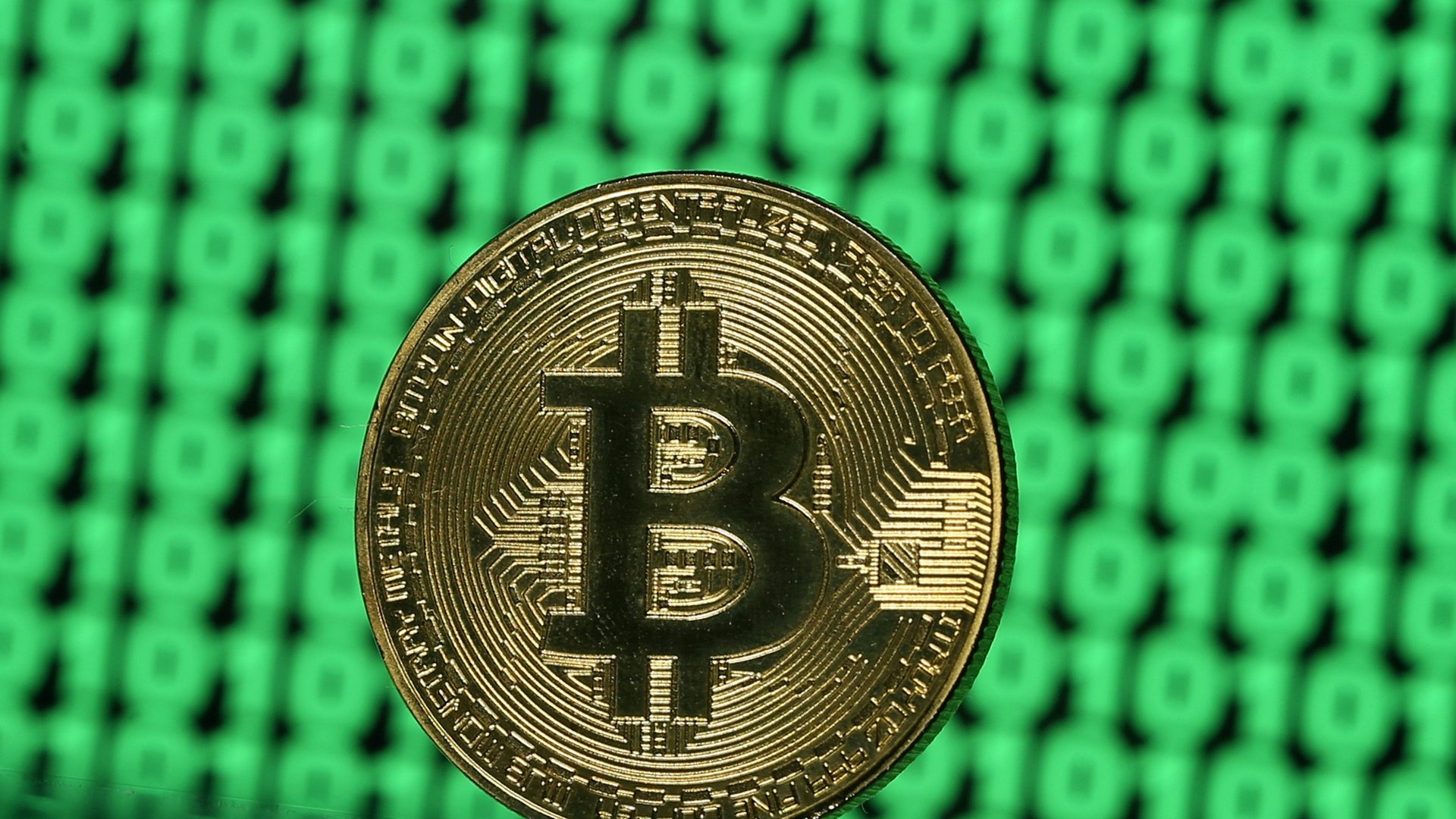Bitcoin prices tumble as South Korea plans crackdown on cryptoassets
Bitcoin prices fell for a second consecutive day as South Korea’s government said it was taking steps to regulate cryptoassets, and warned investors that they could lose money in the booming market. However, if the past is any guide, the regulatory scrutiny could be little more than a speed bump for crypto mania.


Bitcoin prices fell for a second consecutive day as South Korea’s government said it was taking steps to regulate cryptoassets, and warned investors that they could lose money in the booming market. However, if the past is any guide, the regulatory scrutiny could be little more than a speed bump for crypto mania.
The most valuable cryptoasset has fallen almost 30% from its peak to $14,353, according to Coindesk. Despite being whipsawed by short-term panics after reaching a record high of $19,661 on Dec. 17, bitcoin is on pace to gain more than 40% this month.
South Korean watchdogs are planning to ban anonymous accounts and will close cryptoasset exchanges if necessary, according to Reuters. The government also noted that prices on its exchanges were often higher than on those elsewhere—a sign that exuberance in the region is especially heated and that the markets aren’t functioning properly.
South Korea is a hotbed for trading in bitcoin and other cryptoassets, and the government had earlier tried to stem frothy speculation in the market by considering a tax on capital gains. More than three out of 10 salaried workers in South Korea have invested in cryptocurrencies, according to a recent study conducted by job portal Saramin. It’s home to one of the world’s biggest cryptocurrency trading exchanges, Bithumb.
But recent history suggests regulators have limited power when it comes to dampening the global enthusiasm for bitcoin. Chinese authorities began working on a plan to shut down (paywall) the country’s exchanges in September, back when bitcoin changed hands for a mere $4,200. There are signs that buying and selling migrated bitcoin (paywall) to other countries and to private over-the-counter (off exchange) markets via apps like Telegram. Bitcoin prices, meanwhile, have more than doubled.
South Korea has ample reason to be concerned about bitcoin—among other things, the digital asset has been a vehicle for its northern neighbor to avoid sanctions and restrictions. Earlier this month, a smaller South Korean exchange called Youbit said it planned to file for bankruptcy after a second hacker intrusion, which underscored the difficulty of protecting crypto holdings. The country’s security agency blamed an earlier attack on Youbit on spies working for North Korea, according to the BBC. Separate attacks on crypto exchanges have also been blamed on Kim Jong-un’s regime.